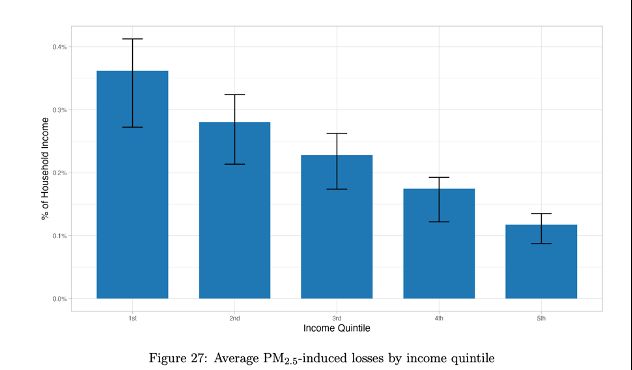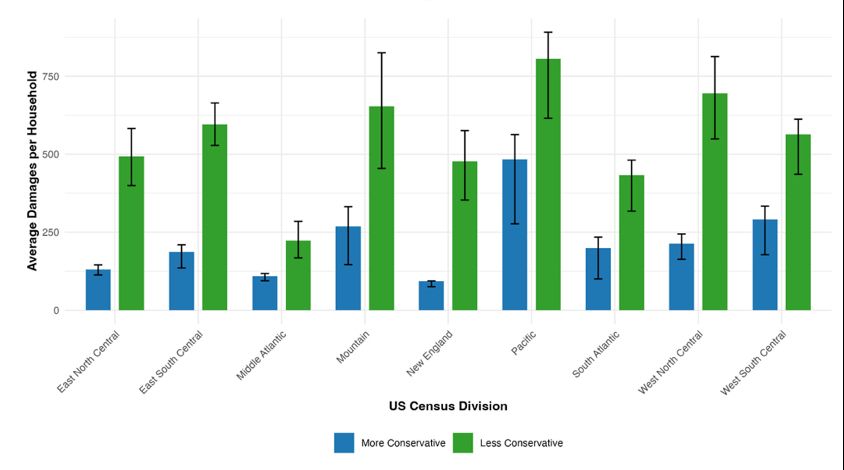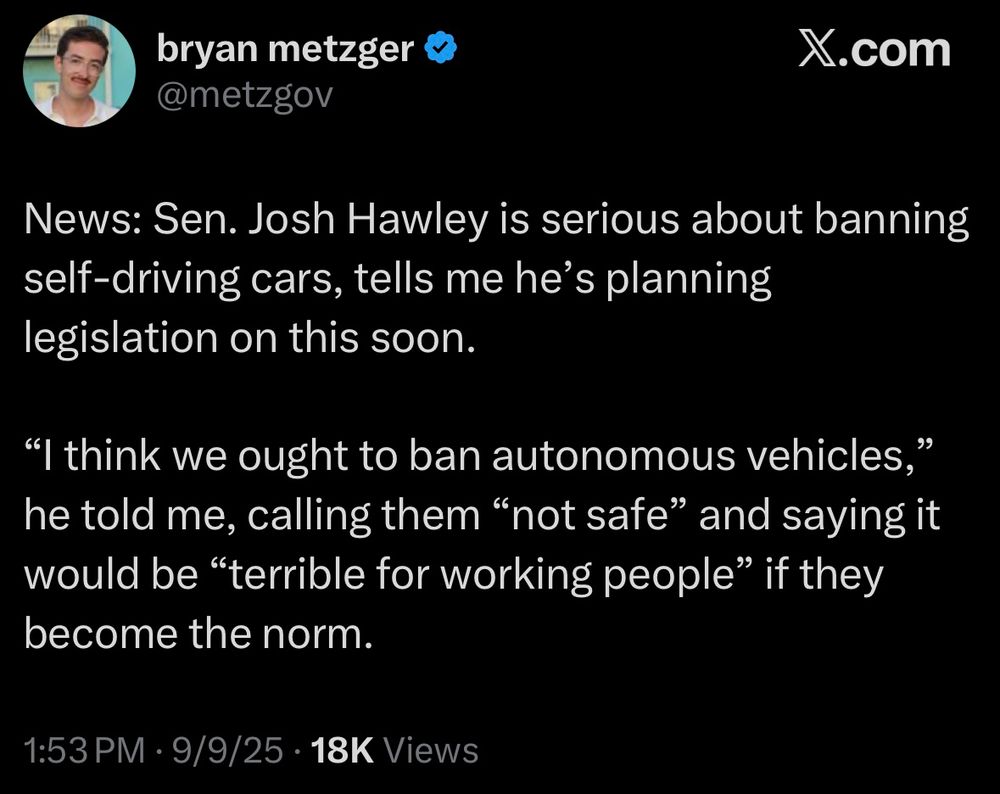Kimberly A. Clausing
Kimberly Clausing is an American economist. She is the Eric M. Zolt Chair in Tax Law and Policy at… more

Reposted by: Kimberly A. Clausing

by Aaron Sojourner — Reposted by: Kimberly A. Clausing
@kclausing.bsky.social #EconSky
www.nber.org/papers/w34192

Reposted by: Kimberly A. Clausing, Stephen M. Walt, Kim L. Scheppele , and 24 more Kimberly A. Clausing, Stephen M. Walt, Kim L. Scheppele, Lisa W. Fazio, Norbert Schwarz, Nancy Kanwisher, Brendan Nyhan, Joshua S. Weitz, Tom Clark, Scott L. Greer, Steven S. Smith, Martin Paul Eve, Charles West, Elaine Treharne, Bonnie Honig, James Grimmelmann, Robert C. Richards, David R. Miller, Jacob T. Levy, Margot C. Finn, Michael Jones‐Correa, Kate Starbird, Josh Pasek, Georg Weizsäcker, Robert L. Tsai, Charles T. Mathewes, Adam Sacarny
It's especially for journalists covering this story!
Many details about how the compact itself works and why the administration has retreated to this strategy.
by John Bistline — Reposted by: Kimberly A. Clausing


Reposted by: Kimberly A. Clausing
papers.ssrn.com/sol3/papers....
ceepr.mit.edu/wp-content/u...





by Kimberly A. Clausing — Reposted by: Robert Wolfe, John Bistline, Antonio Fatás
We find large climate cost impacts that vary by both geography and income.
www.brookings.edu/articles/who...

For more, read the paper!
www.piie.com/publications...

by Kimberly A. Clausing — Reposted by: Aaron Sojourner

by Kimberly A. Clausing — Reposted by: Daniel W. Drezner, Robert Wolfe, Simon Lester





by Kimberly A. Clausing — Reposted by: Robert Wolfe, Simon Lester
www.piie.com/publications...

Reposted by: Kimberly A. Clausing, Aaron Sojourner

A big shout out re. this new & important report, from a team led by @cwolfram.bsky.social. I was honored to be part of the working group.
Read her thread, then the report!
Reposted by: Kimberly A. Clausing
ceepr.link/3VmgC7g
A 🧵 on what we do/find:
Reposted by: Kimberly A. Clausing, Peter Holmes
The country ranks 167th in gdp per capita (PPP); has 40% of its population living in poverty; and has 24-28% unemployment.
Shameful stuff.

Reposted by: Kimberly A. Clausing
Gov. Newsom, the CA Assembly & Senate just released the final cap-and-trade—now called cap-and-invest—reauthorization bill: AB 1207. 1/
#climatesky #energysky
Reposted by: Kimberly A. Clausing
“So people just had to get really good at driving so no one died in crashes?”
“Oh, people died all the time. There were actually more car deaths than murders every year.”

by Kimberly A. Clausing — Reposted by: Dani Rodrik, Richard S.J. Tol
Trump Administration Halts I.R.S. Crackdown on Major Tax Shelters www.nytimes.com/2025/09/09/b...

![Here,
those circumstances include:
that there is an
extremely high number and percentage of illegal immigrants in the Los Angeles area; that those individuals tend to gather in certain locations to seek daily work; that those individuals often work in certain kinds of jobs, such as day labor, landscaping, agriculture, and construction, that do not require paperwork and are therefore especially attractive to illegal immigrants; and that many of those illegally in the Los Angeles area come from Mexico or Central America and do not speak much English. Cf.
Brignoni-Ponce, 422 U.S., at 884-885 (listing "[a]ny number of factors" that contribute to reasonable suspicion of illegal presence). To be clear, apparent ethnicity alone cannot furnish reasonable suspicion; under this Court's case law regarding immigration stops, however, it can be a](https://cdn.bsky.app/img/feed_thumbnail/plain/did:plc:2vtbmhmrwzbqcfv4we4uxzzt/bafkreiak2peq4v5ab5nqwwccg5drwwqzgnufkvxgw4ayraidywmn2sshhu@jpeg)

Reposted by: Kimberly A. Clausing, Jonathan Portes, Joanna Bryson , and 23 more Kimberly A. Clausing, Jonathan Portes, Joanna Bryson, Anna O. Law, Michael Pettis, Tomasz Mickiewicz, Rosemary A. Joyce, Philip N. Cohen, Laia Balcells, Melissa R. Michelson, Philip Nel, Cathy N. Davidson, David R. Miller, Robert Wolfe, Julia Lynch, Jacob T. Levy, Scott A. Imberman, Kevin Miller, Jason Dittmer, Samantha Brennan, David Rosnick, Kate Starbird, Annette Yoshiko Reed, Olúfẹ́mi Táíwò, Nathan P. Kalmoe, Colin Woodard

